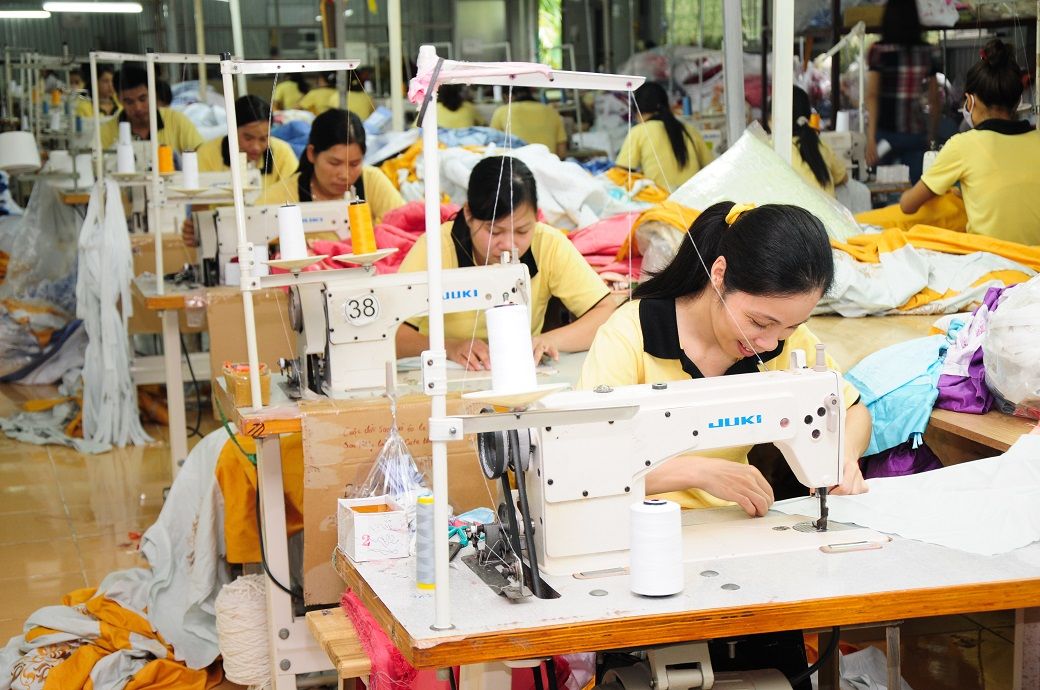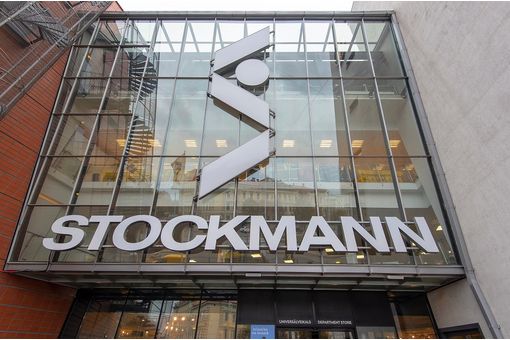Operating conditions of ASEAN manufacturing sector improve in Jan '23

Firms raised their purchases of inputs to meet growing demand, and at the quickest rate for three months. Four of the seven ASEAN nations monitored by ‘The S&P Global ASEAN Manufacturing PMI’ survey registered growth across their manufacturing sector in January, up from three in December.
Overtaking the Philippines, Thai manufacturers reported the sharpest improvement in business conditions in January, topping the rankings for the first time in 17 months. Moreover, the rate of growth (54.5) quickened to the second-fastest since the survey began in December 2015 (after September 2022).
Growth across the Filipino manufacturing sector slipped to second place in the rankings in January. That said, the headline index hit a seven-month high of 53.5, signalling a solid improvement in operating conditions overall. Following the first deterioration in its manufacturing conditions for 16 months in December, the headline PMI for Singapore moved back into expansion territory during January. However, the rate of improvement was only modest (51.9), and notably softer than that seen this time last year.
Manufacturing conditions in Indonesia also improved modestly in January. Moreover, the rate of expansion quickened on the month to the fastest since last October (51.3). Of the nations that registered sub-50.0 PMI readings, the softest downturn was seen across Myanmar’s manufacturing sector in January. Moreover, an index reading of 49.6 signalled the weakest rate of contraction since the current nine-month sequence began in May 2022.
A slower deterioration in conditions in January compared to December was also reported by manufacturers in Vietnam. That said, the rate of decline remained solid overall (index at 47.4), and extended the current run of reduction to three consecutive months. Malaysia was the only country where manufacturing conditions worsened at a steeper rate in January. Moreover, the pace of contraction accelerated for the fourth month running, with the latest PMI reading of 46.5 the lowest recorded in 17 months.
Overall, manufacturing conditions across the ASEAN region improved for the sixteenth month running in January, with the latest uptick the fastest in three months. The PMI was boosted by a stronger upturn in production and a fresh rise in new orders following two months of contraction.
To meet growing business requirements, purchasing activity also rose and at the fastest extent since last October. Additionally, employment levels stabilised during January. This was a notable improvement compared to the contractions—albeit soft—recorded in the previous two survey periods.
In terms of prices, the rate of input cost inflation picked up from December’s two-year low in January. That said, the rate of inflation remained softer than the post-pandemic average. At the same time, the rate of output charge inflation moderated for the third month running, signalling the weakest rise in selling prices for a year.
While supply-side challenges persisted, average lead times lengthened at the slowest pace since the current sequence of deterioration began in February 2020, indicating easing supply chain pressures. The improvement in the health of the ASEAN manufacturing sector helped to lift business confidence regarding the 12-month outlook for output at the start of the year. That said, the overall level of optimism remained weaker than the historical average for the third month running.
Maryam Baluch, economist at S&P Global Market Intelligence, commented: “Latest PMI data showed a further improvement in conditions across the ASEAN manufacturing sector in January. Output rose at a quickened pace, and new orders returned to growth following two consecutive months of contraction. Nonetheless, the pace of expansion across the manufacturing sector was mild and slower than last years’ average, primarily as demand conditions have softened.
“However, with supply-side pressures easing, and inflation rates below their post-pandemic averages, this could support further improvements in business conditions in the months ahead. However, inflation remains elevated overall, and further rate hikes around the region could be expected. It’s vital that demand conditions continue to recover and are able to support growth momentum into the rest of 2023.”
Fibre2Fashion News Desk (NB)
































-Ltd..jpg?tr=w-120,h-60,c-at_max,cm-pad_resize,bg-ffffff)





.jpg?tr=w-120,h-60,c-at_max,cm-pad_resize,bg-ffffff)
.jpg?tr=w-120,h-60,c-at_max,cm-pad_resize,bg-ffffff)






